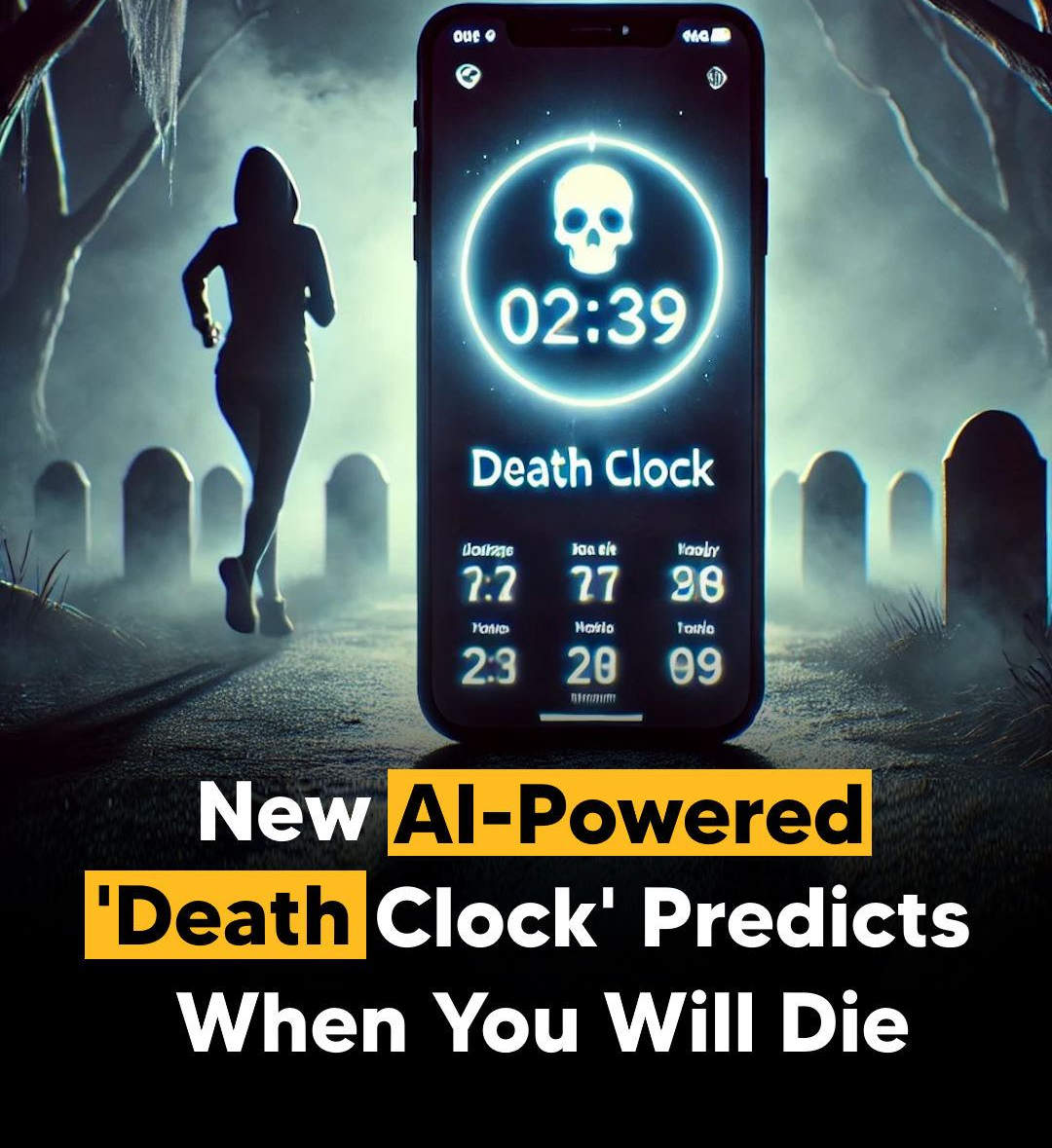The Death Clock App: Estimate Your Life Expectancy Based on Lifestyle Habits

With its original approach to life expectancy, a new app called Death Clock is rapidly creating waves. Having debuted in July, it has already been downloaded more than 125,000 times, drawing interest from financial planners, health-conscious people, even academics. Based on your lifestyle choices, the app estimates your remaining time; this is generating interest as well as worry.
Not a morbid gimmick, though, so don't worry. By helping you realise how your daily activities may effect your health over the long haul, the app really offers to provide a little piece of mind—or maybe a wake-up call. Looking at elements like food, exercise, sleep, and stress to project your life expectancy, Death Clock blends the most recent studies with technology.
Neither is this arbitrary guessing either. Drawing on 1,200 life expectancy studies comprising information from more than 53 million participants, the app uses It is thus based on some quite strong research. The software generates a customised estimate of when you might reach your final days by examining how your eating patterns and degree of physical activity contribute to your general health. Of course, life is full of surprises; they are only projections, not certainties!
The program goes beyond merely providing a death estimate for people interested in seeing how they stack up. Users also receive useful guidance on how to increase their lifetime and general health. That's where the $40 annual subscription finds application. Users of subscriptions access additional tools including tailored advice on how to choose better foods. Even a countdown clock tracking your remaining time depending on your present way of living. Although it could sound a little strong, many users find it inspiring to realise the possible effects of their decisions and start better caring for themselves.
Though it sounds like a weighty topic, many people find great attraction in knowing their life expectancy. For individuals generally too busy to consider about long-term health, it serves as a wake-up call. Growing popularity of the app indicates that people are keen to know the possible effects of their daily activities—that is, whether it is sleeping enough, working out consistently, or handling stress.
Fascinatingly, Death Clock is also becoming somewhat popular in the finance industry. Using this software to assist their clients in retirement planning is beginning to show benefit for financial planners among other things. A person's financial management can be much improved by knowing their expected lifetime. But it goes beyond money as well. The app is starting discussions about health, longevity, and the actions everyone of us can do to lead our greatest life.
Death Clock reminds you to consider your habits and their long-term consequences regardless of your interests in health, planning, or just curiosity about your own life expectancy. Although their forecasts might not be perfect, they provide a means for consumers to concentrate on what they can do now to shape tomorrow.
Thus, perhaps it's time to visit Death Clock to learn what it has to say about your future if you're wondering how much time you have left.
--
